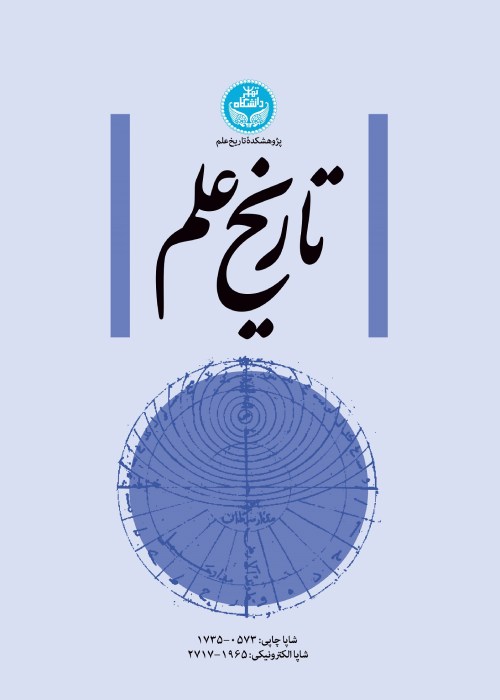False Dawn Theories in the Astronomy of the Islamic Period: A Preliminary Survey
Author(s):
Abstract:
In the astronomy of the Islamic Period, the astronomical twilight is called “true dawn”. In the Islamic ordinances the observation of this phenomenon indicates the beginning time of the morning prayer. There are also some reports about the visibility of an elongated faint glow before true dawn which was called “false dawn”. In modern astronomy it is clear that the false dawn is caused by the reflection of the sunlight from the interplanetary dust particles, known as the “zodiacal light”, because it extends along the ecliptic. But most astronomers of the Islamic period assumed that it is caused by the reflection of the sunlight in the earth’s atmosphere, similar to the origin of the true dawn. Some of them, of course, did realize that, according to observational evidence, the false dawn cannot be caused in the earth’s atmosphere, but they could not substitute a new scientific theory to explain the real origin of the false dawn. In this preliminary survey various theories regarding the origin and appearance of the false dawn are presented from published and unpublished texts on astronomy of the Islamic period.
Language:
Persian
Published:
History of Science, Volume:4 Issue: 1, 2006
Page:
13
magiran.com/p367528
دانلود و مطالعه متن این مقاله با یکی از روشهای زیر امکان پذیر است:
اشتراک شخصی
با عضویت و پرداخت آنلاین حق اشتراک یکساله به مبلغ 1,390,000ريال میتوانید 70 عنوان مطلب دانلود کنید!
اشتراک سازمانی
به کتابخانه دانشگاه یا محل کار خود پیشنهاد کنید تا اشتراک سازمانی این پایگاه را برای دسترسی نامحدود همه کاربران به متن مطالب تهیه نمایند!
توجه!
- حق عضویت دریافتی صرف حمایت از نشریات عضو و نگهداری، تکمیل و توسعه مگیران میشود.
- پرداخت حق اشتراک و دانلود مقالات اجازه بازنشر آن در سایر رسانههای چاپی و دیجیتال را به کاربر نمیدهد.
In order to view content subscription is required
Personal subscription
Subscribe magiran.com for 70 € euros via PayPal and download 70 articles during a year.
Organization subscription
Please contact us to subscribe your university or library for unlimited access!


